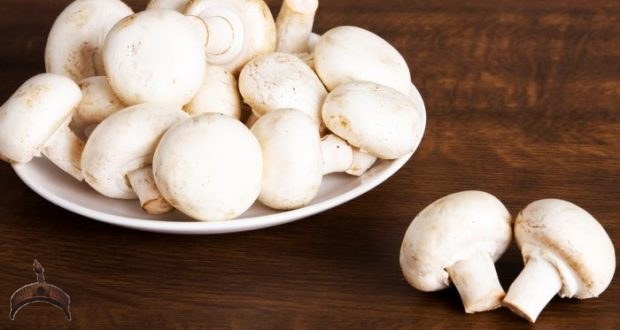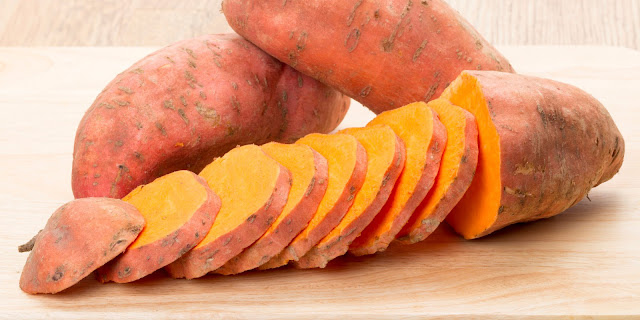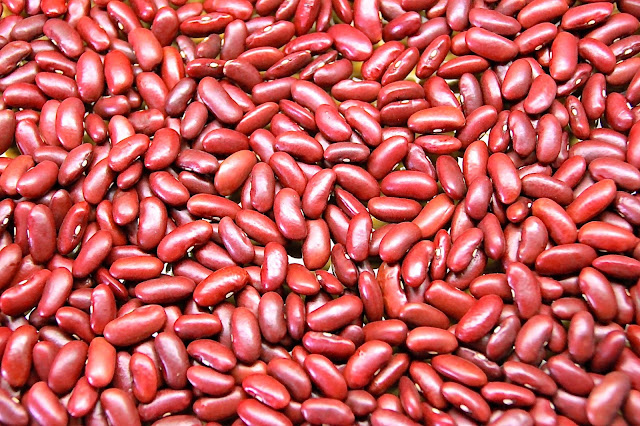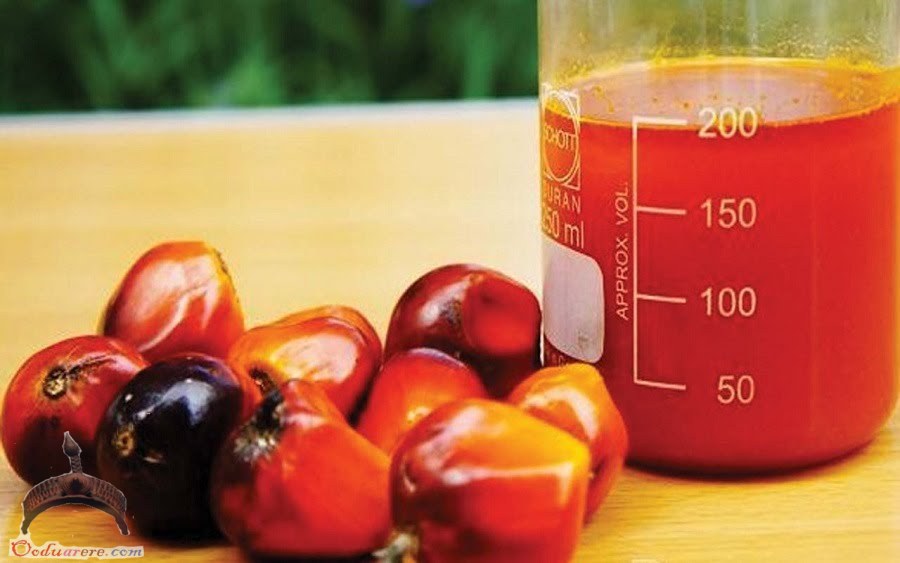These tasty little greens in many cases are put into salads, soups, and even burgers. For several nutritionists, alfalfa sprouts also make their lists of “superfoods.” However, eating them raw has raised several health concerns.For a very important factor, alfalfa sprouts will likely become contaminated with E. coli. If the grower and the buyer take proper precautions, though, this shouldn’t be an excessive amount of an issue. Many store-bought veggies are only as more likely to pose an identical risk. However, probably the most significant concern with alfalfa sprouts is which they include a toxin called L-canavanine. This nonprotein amino acid naturally occurs in several plant species to supply a defense against insects. But it addittionally causes severe responses in autoimmune-compromised persons.
Studies on animals with autoimmune tendencies demonstrate that consuming vegetables containing L-canavanine caused a growth in conditional flare-ups. Some folks have even found it to be always a contributing factor to the development of specific diseases like lupus. Specialists remain conducting studies in humans to nail down the actual connections between raw sprouts and autoimmune problems. For the present time, though, they recommend that a person with a compromised immune protection system stay away from these little sprouts.
4 Mangoes
The mango plant is an integral part of a genus that is one of the Anacardiaceae family. This family produces fruits called drupes, which are noted for their fleshy outsides and stony insides. Blackberries, cashews, and mangoes are typical in this sounding tasty treats. Unfortunately, sumac and poison ivy may also be members. A few plants in the Anacardiaceae family make a substance called urushiol—the white, sticky substance that oozes from the mango rind. Allergies to urushiol are no problem for many the people, but a person with an awareness to it’ll bust out in a blister-like rash. Many individuals only experience these problems, called mango itch, when coping with your skin of the fruit. By wearing gloves when peeling, these effects are typically avoidable. For people that have a hypersensitivity, connection with the rind, leaves, and flesh can result in rashes and even anaphylactic shock. If you feel outward indications of mango itch, avoid coping with your skin and overeating this raw, tasty treat in the future.
This potato alternative isn’t actually a potato at all but a person in the bindweed or morning glory family. Lots of people love this particular food as a normal holiday favorite, and some prefer to consume it for the health benefits. Although sweet potatoes contain many vitamins and nutrients, consumers have to be wary of the potential health risks from mold growth. Due to numerous different storage and age factors, mold can grow on the skin of sweet potatoes. This type of mold could cause hepatotoxicity when ingested. The deadliness of sweet potato mold was mainly discovered because of cattle herds. In several reported case, details came because the bovines were experiencing unknown respiratory issues. These issues were eventually traced back again to moldy sweet potatoes. This toxic fungal growth can also be unsafe for human consumption. Although many people recognize moldy food and often throw it away, an item or two may sometimes slip through the cracks. As this mold could cause hepatotoxicity, it’s wise to check your skin of sweet potatoes thoroughly. Discard the tuber if you will find any doubts about their state of the peel.
Many favor red kidney beans for his or her use within tacos, chili, soups, and more. With one of these beans present in most stores and rarely regarded as harmful, few people recognize that proper bean preparation is essential. Consuming raw kidney beans could be fatal. Beans contain phytohaemagglutinin, an all natural toxin present in many legumes. The quantity of lectin present in these foods is not to toxic, but it’s highest in raw red kidney beans. This compound is described as kidney bean lectin. Cooking and soaking stops working this lectin, but it’s still present if the legumes are undercooked. Less than a number of undercooked beans can induce an effect and cause food poisoning to occur. To stop issues, follow the cooking directions on the packaging. Soak beans overnight, and always cook for the recommended timeframe at the appropriate temperature.
 Ọmọ Oòduà Naija Gist | News From Nigeria | Entertainment gist Nigeria|Networking|News.. Visit for Nigeria breaking news , Nigerian Movies , Naija music , Jobs In Nigeria , Naija News , Nollywood, Gist and more
Ọmọ Oòduà Naija Gist | News From Nigeria | Entertainment gist Nigeria|Networking|News.. Visit for Nigeria breaking news , Nigerian Movies , Naija music , Jobs In Nigeria , Naija News , Nollywood, Gist and more













